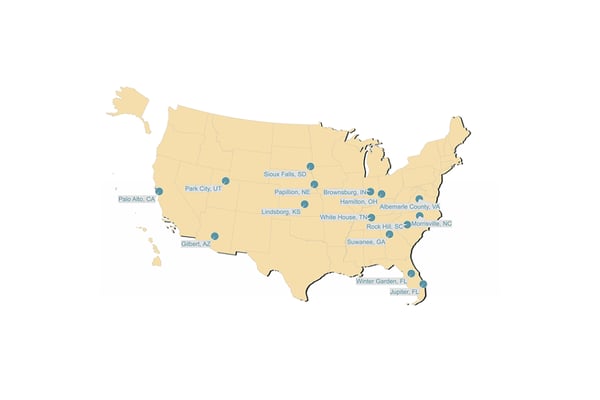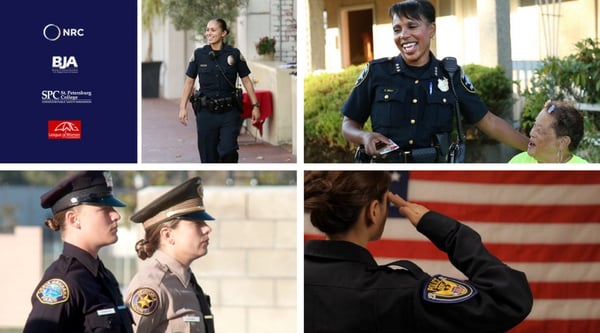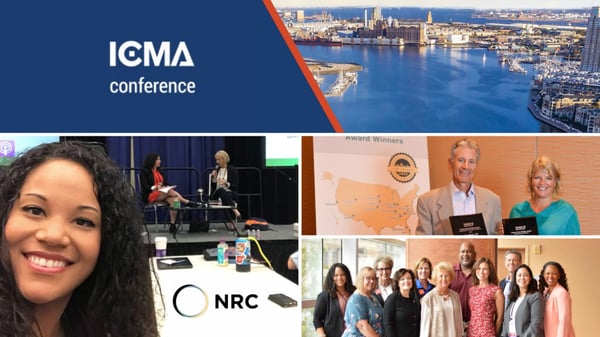National Research Center's Top Ten Articles of 2018
By NRC on December 20, 2018

-By Keifer Johnson-
It has been a great year to work with local governments across the country. Looking back, there is a lot to appreciate and a lot to learn. In 2018, National Research Center, Inc. (NRC) wrote about leadership, communities and outstanding contributions to the local government field. Now, we are glad to share favorite stories and lessons from thought-leaders, best practices and insights from residents. We feel honored to have spent the past twelve months celebrating professional achievements, women in leadership roles, civic engagement innovations and the science of survey research.
'Tis the season to count down the ten most popular articles published throughout 2018. Thanks for a great year and follow along to see what stories readers enjoyed most!
1. Announcing the Premiere Leadership Trailblazer Award
The League of Women in Government (LWG) and National Research Center, Inc. (NRC) are proud to announce the inaugural Leadership Trailblazer Award. This award recognizes an accomplished leader in the local government profession who has championed and inspired other women to achieve as well. “There are so many women in local government who are leading their organizations and their colleagues with courage and distinction. We wanted a way to acknowledge their efforts,” said Ashley Jacobs, President of the League. “We hope the award will not only spotlight the nominees and winner, but also honor the valuable work of all women in our profession…
2. The Winners and Finalists of the 2018 Voice of the People Awards
National Resource Center, Inc. (NRC), in collaboration with the International City/County Management Association (ICMA), is proud to announce the Winners and Finalists of the 2018 Voice of the People (VOP) Awards. These awards are given to top performing local governments that received the highest or most improved ratings from residents on The National Citizen Survey (The NCS) and took the best actions to benefit their communities. “I’m proud of each and every one of the Winners and Finalists,” said NRC’s Damema Mann, principal researcher for The National Citizen Survey. Mann has managed hundreds of community surveys for well over a decade. “These cities, towns and counties have affected the lives of their residents in a profound way. The survey results prove that dedication to the community directly impacts day-to-day quality of life…
3. Women in Police Leadership Tell Their Stories
National Research Center, Inc. (NRC) has joined the efforts of the Bureau of Justice Assistance (BJA) Executive Session on Police Leadership (ESPL), the St. Petersburg College Center for Public Safety Innovation and the League of Women in Government (LWG) to examine diversity and inclusion in law enforcement. In this video series, NRC interviews accomplished women in positions of leadership. They describe their career paths and challenges they’ve overcome. They explain how gender inclusivity advances the profession of policing overall. And they offer advice for those looking to start or further a career in law enforcement...
4. Gathering the Opinions of Hard-to-Reach Residents
What is the number one question local leaders ask before they embark on a community survey? It’s this: how can we feel confident that the survey sample truly represents our entire adult population? The answer is one that every local government wants to know and should ask about. Statistics prove that relatively small samples of residents selected at random create a group that reasonably reflects everyone – within a known range of uncertainty. However leaders of diverse communities often worry about receiving participation from their less engaged demographics. Whether collecting data by mail, phone or web, survey researchers these days have discovered that just about everyone is part of the “hard to reach” public. But the hardest to reach populations tend to be lower income residents, youth, undocumented residents, racial and ethnic minorities and folks whose first language is not English. Encouraging these residents to respond to a survey from the City can be resource intensive, and without a robust effort, ineffective...
5. How to Transform the Local Government Workplace Culture
Local government employees do better with mentorship and support. But how do you inspire a sense of leadership within each employee? And what effect does this have on workplace culture? In this Coffee Break Webinar, an interview with government innovation guru Nick Kittle reveals how to transform your employees into trainers, increasing their impact on the spot. Kittle is the former Chief Innovation Officer for Adams County, Colorado where he won Alliance for Innovation’s (AFI) Outstanding Achievement in Local Government Award. After over 15 years’ experience in government, he now works with jurisdictions across the country as a coach with Cartegraph. Kittle is also the author of the best-selling book “Sustainovation,” the definitive guide on municipal innovation...
6. Top Ten Common Community Survey Mistakes to Avoid
Your local government organization has decided to conduct a community survey. Decision-makers, stakeholders and residents are all eager to see the results that will be used to improve quality of life in the City or Town. Taking positive action on survey results is the ultimate goal. But many municipalities struggle to incorporate their data with master plans moving forward. With plenty of interest in evidence-based decision-making, how can this be? Local governments need survey results that are representative and reliable. When data never hatch into action, the fault often lies with the process itself. A cracked survey process can hurt response rates, yield inaccurate data and hinder the usefulness of those results...
7. “Fruit Fights” and Other Funny Survey Responses
Local governments often use community surveys to better understand what residents think of their city or town. Sometimes, a topic calls for an open-ended question or two. For NRC survey researchers who review, analyze and present the results, these types of questions can yield a few laughs when residents show their sense of humor. When asked for ideas on improving green-space, some residents get quite creative. One resident asked for a greater variety of plants. “The City should include fruit trees and bushes in the parks. Enough so that people don’t fight [over] the fruit...
8. Palo Alto’s Secret to Making Survey Data Actionable
A good recipe requires quality ingredients. But why buy ingredients for a recipe and never use them? If there is one rule of gathering survey data for your municipality, it would be to take action on that data. Harriet Richardson, The City Auditor of Palo Alto, CA, understands that concept very well. She came into her role as a city auditor in 2014 and saw a decade’s worth of survey data. Palo Alto has conducted The National Citizen SurveyTM (The NCSTM) with National Research Center, Inc. (NRC) every year since 2003. Richardson realized how overwhelming the amount of data could be for city leaders, so she began producing executive summaries to tell the story of the survey data in a clear and concise way...
9. The 2018 ICMA Conference Made Me Laugh, Cry and Journal My Favorite Moments
It’s crazy to think that the Annual International City/County Management Association (ICMA) Conference has run 104 years! I’ve represented National Research Center, Inc. (NRC), ICMA strategic partner, at the last four conferences. And I must say that 2018’s big event in the City of Baltimore was one of my all-time favorites. In fact, ICMA reports it was their third biggest conference ever, hosting 3,413 human beings. No wonder this year’s conference was one of the best! The crab cakes, for one thing, were delicious and plentiful in the charmed city. But more earnestly, the content of this conference – the keynotes, the workshops and sessions, the networking – really made me feel inspired by and connected to the local government profession. And I go to a lot of conferences, so that’s sayin somethin...
10. Evidence Schmevidence: Why Leaders Reject Science-Based Decisions and What to do About it
Whether you believe the claims or not, newspapers and the Internet are filled with regret about the putative disregard of facts by the President of the United States. Nevertheless, defenders and opponents of the President’s style agree that truth should be the foundation of good decisions; it’s just a matter of finding the truth amid claims of opposing sides. Even under today’s fog of so called “fake news,” Americans – and Western societies in general – remain immersed in the ethos of rationality. Those of us in public management, or serving as advisors to managers, are not different. We have the drive written into our chromosomes to seek evidence-based decisions. It’s even true at home where we’d like our partners to be rational. It’s true in sport where rules define the unambiguous evidence required, for example, to call an Out. In schools, test scores convert to grades...
Related Articles
- NRC’s Top Ten 2017 Web Articles
- National Research Center’s Top Ten Web Articles of 2016
- National Research Center’s Top Ten Blog Articles of 2015
Popular posts
Sign-up for Updates
You May Also Like
These Related Stories
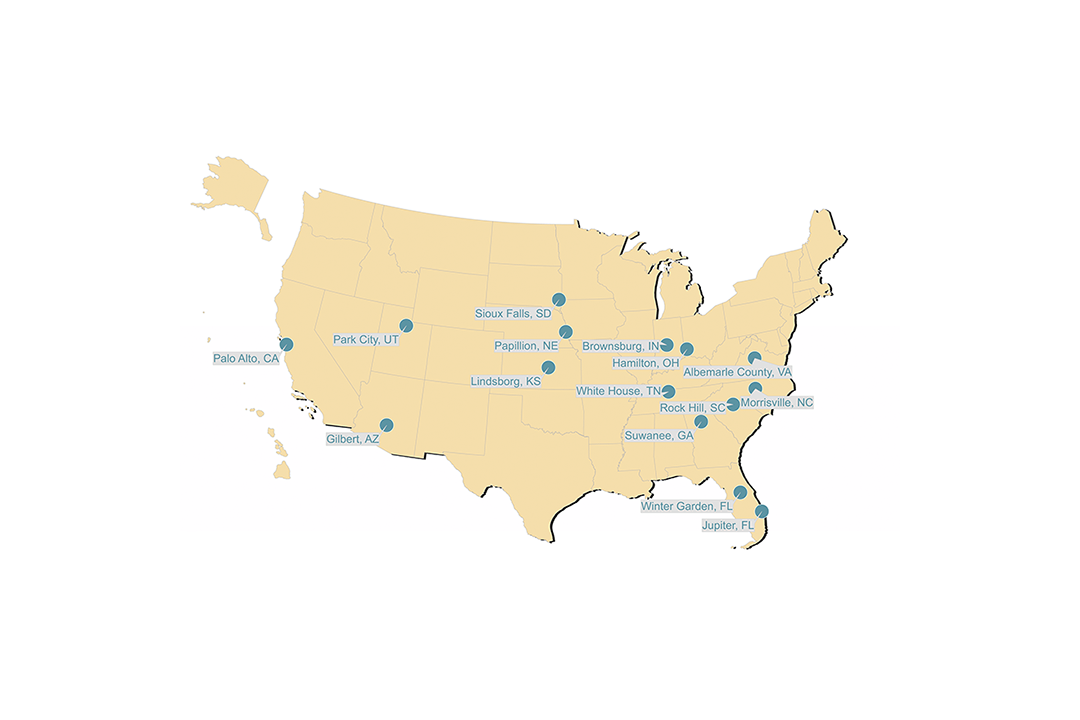
The Winners and Finalists of the 2018 Voice of the People Awards
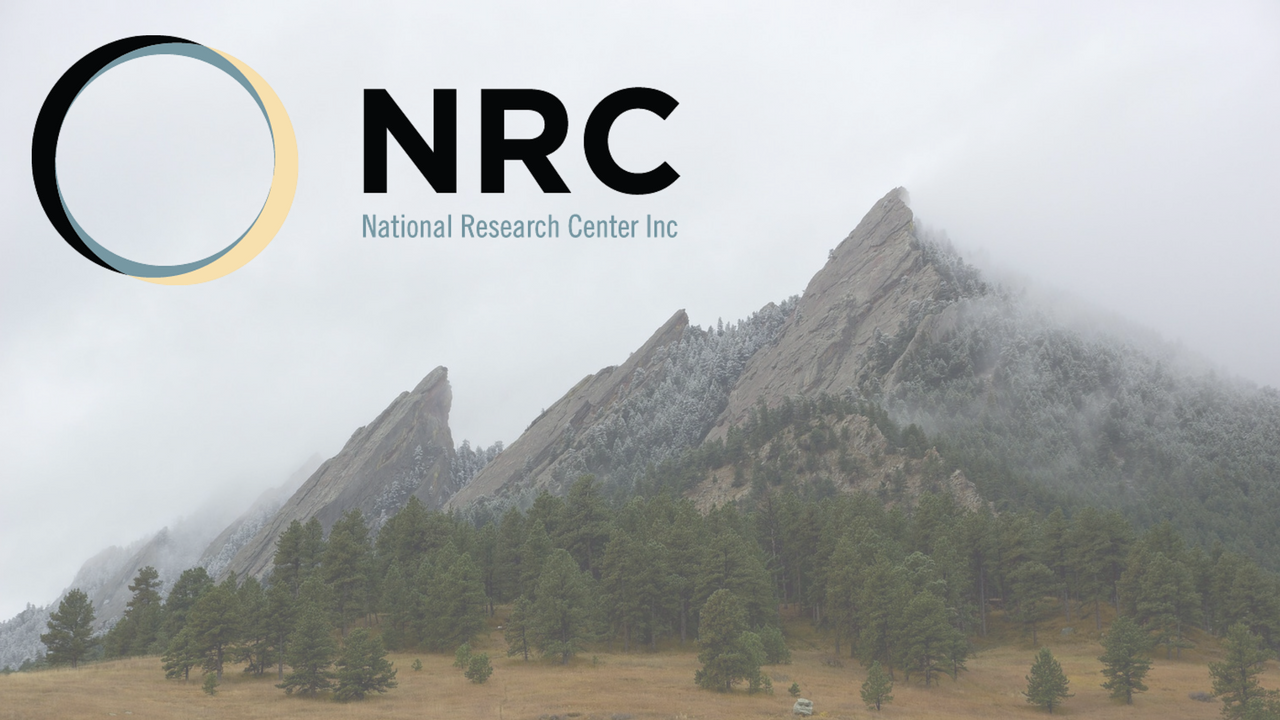
More About National Research Center, Inc.



